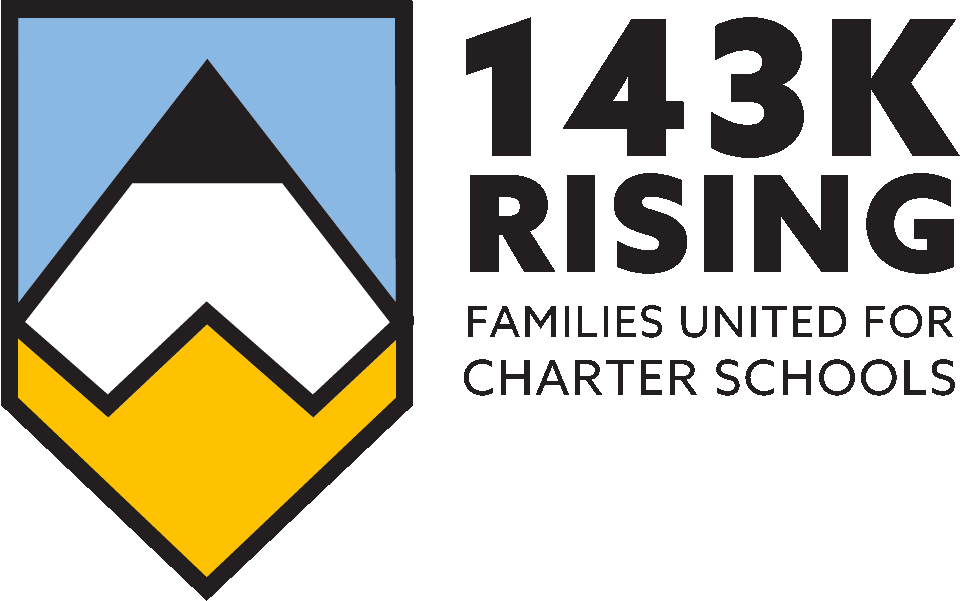HARRISBURG (October 7, 2020) – Thousands of Pennsylvania families have enrolled their children in public cyber charter schools since Gov. Tom Wolf shut down schools on March 13, relying on the safety and expertise of public cyber charter schools for a quality education for their children.
Since March 13, Pennsylvania’s 14 public cyber charter schools have enrolled more than 14,000 new students, who have left their assigned school districts and exercised their right to public school choice.
“Parents have sought out public cyber charter schools in order to have predictability, consistency and purpose-filled learning opportunities for their children,” said Patricia Rossetti, CEO of PA Distance Learning Charter School.
Despite receiving no compensation for any new student enrolled from March 13 to June 30, Pennsylvania’s public cyber charter schools opened their virtual doors to more than 1,500 new students after Wolf closed schools. These students lost $4.9 million in taxpayer funds that school districts kept after students chose to enroll in a public cyber charter school.
That lack of funding did not stop public cyber charter schools from educating new students.
“PA Virtual’s faculty and staff have been incredible in supporting our additional students and in responding to the needs of our new families,” said Dr. John Chandler, CEO of PA Virtual Charter School. “Through their commitment to ensuring that all students have access to the best practices in virtual education, PA Virtual’s faculty and staff have demonstrated that public cyber charter schools are a vital aspect of Pennsylvania’s public school system.”
When Wolf closed brick-and-mortar schools, the state’s public cyber charter schools were uniquely prepared to continue educating their students without any gap in services or loss in learning. For the last 20 years, public cyber charter schools have been providing a quality education that features the flexibility to meet the unique needs of their students, ranging from Olympic athletes and actors to students undergoing medical treatment that restricts them from attending a physical classroom.
“At PA Cyber, we say ‘The Learning Never Stops,’ so we are proud of the ways we have been able to continue outstanding teaching, student support and extracurricular activities throughout this pandemic,” said Brian Hayden, CEO of PA Cyber Charter School. “Our families tell us how important it is to have some stability in their kids’ lives, especially now.”
Public cyber charter schools are continuing to meet the educational needs of students by offering robust and comprehensive educational programs.
“Reach continues to welcome new students on a daily basis,” said Jane Swan, CEO of Reach Cyber Charter School. “Families appreciate the individualized educational approach at Reach, as well as the STEM opportunities and flexible pacing options.”
While Pennsylvania’s public cyber charter schools have embraced the increased interest in their schools and the opportunity to serve more students, they have been committed (even before other schools were forced to close) to ensuring their brick-and-mortar peers have support in developing and implementing virtual education programs.
Over the past seven months, Pennsylvania’s cyber charter leaders and their staff have assisted brick-and-mortar charter schools and private schools across the state in transitioning to a virtual learning model by providing best practices and support. Cyber leaders renew this offer to any school seeking assistance.
“Since CCA has its own proprietary learning management system and in-house-developed courses and curriculum, we are well positioned to assist and partner with brick-and-mortar schools to deliver a quality learning experience,” said Thomas Longenecker, CEO of Commonwealth Charter Academy (CCA).
Unfortunately, only two school districts reached out to the Pennsylvania Coalition of Public Charter Schools (PCPCS) to request guidance and expertise from cyber charter school leaders.
A few months before the pandemic struck, school district officials testified before lawmakers that they could educate students online better than public cyber charter schools and for less money. However, the pandemic proved their assertions wrong. Not only did most Pennsylvania school districts struggle or fail to provide their students with a quality online learning program, their special interest groups returned to Harrisburg seeking more money to cover the unique costs of online learning.
Robert Lysek, PCPCS board president and CEO of Executive Education Academy Charter School, said educators should work together to tackle funding issues. He said leaders of public charter schools – both brick-and-mortar and cyber – have supported fair and reasonable funding reforms for years.
“We remain ready to discuss meaningful funding reforms that could address the financial challenges we all face as providers of public education,” Lysek said. “The pandemic has illustrated the importance of educational options for families. One size does not fit all. We need to come together to reform education so all public schools – district and charter – can succeed and better serve students.”
###
About PCPCS: The Pennsylvania Coalition of Public Charter Schools (PCPCS) is the state’s largest and most active organization advocating for both brick-and-mortar and cyber charter schools. Pennsylvania’s 180 charter schools educate more than 143,000 students, and demand for these public schools continues to grow with more than 40,000 students on charter school waitlists. For more information on PCPCS or charters schools, visit www.pacharters.org.
